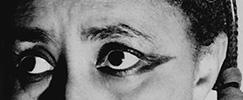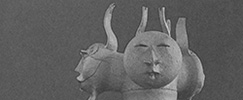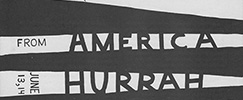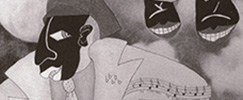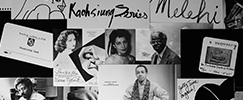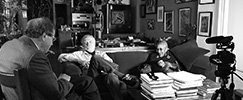Considered a landmark show, the “Forever Free” exhibition showcased the diversity of work produced by African American women, whose collective body of work demonstrated originality, genius, and powerful aesthetic choices. In this photograph are 12 of the 49 women whose work appeared in the show. Standing from left to right: unidentified, Yvonne Parks Catchings, unidentified, unidentified, Lois Mailou Jones, Stephanie E. Pogue, Marie Johnson-Callaway, Varnette P. Honeywood, and Betty Blanton. Kneeling left to right: Camille Billops, Catti James, and Vivian E. Browne.
Throughout the 20-century black women’s art, similar to black women’s voices, was often trivialized. Yet, their commitment to creative expression helped further the liberation process initiated by their ancestors.
Camille Billops worked with other black women artists, from Faith Ringgold to Lois Mailou Jones to create change. They confronted their marginalization in the art world by co-organizing their own exhibitions and protesting against their exclusion from major museums. Each bears witness to the power of art to create spaces for expressing what is important and necessary for living.
Image: Illustration by Camille Billops for a flyer for the "Black Women Artists of Brooklyn and Environs" exhibition, January 14, 1979


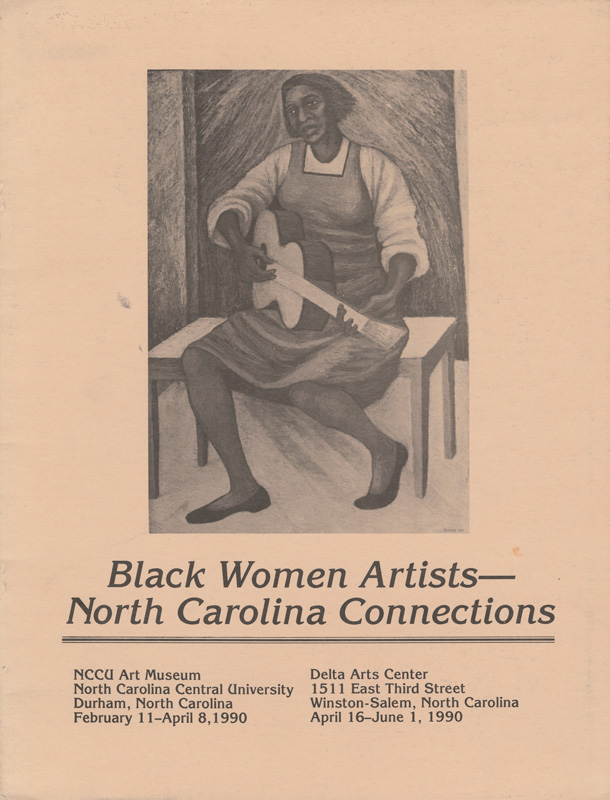
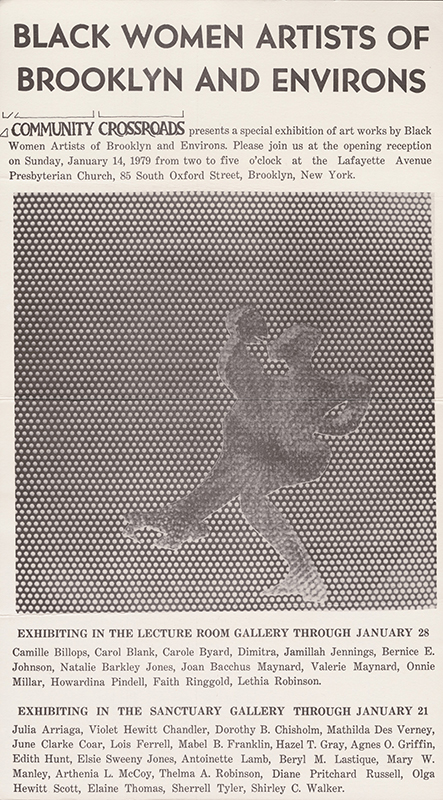
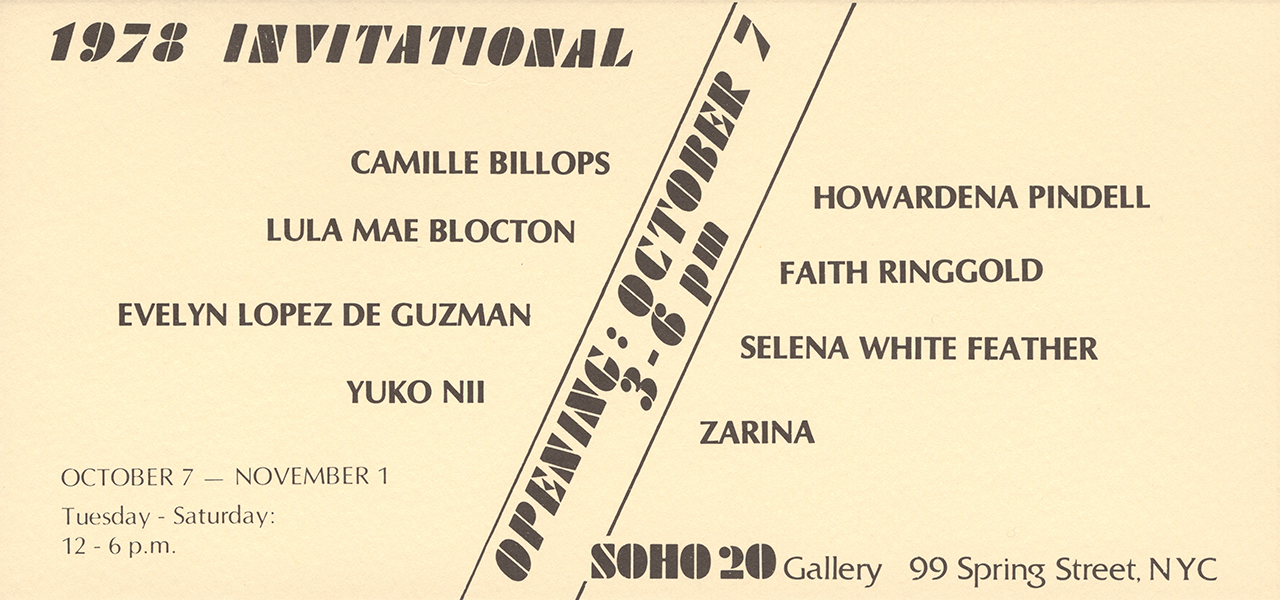

According to cultural historian Valerie Smith, Camille Billops’ controversial film Finding Christa challenges the “monolithic notion of black motherhood.” The film explores the choices that women have within the context of a patriarchal society, and the consequences of choosing independence. The film leaves much to be discussed with regards to family dynamics, adoption, truth, and reconciliation.
